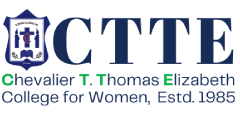


✅ Eligibility Criteria
Established in 2016, the Department of Psychology provides a comprehensive understanding of human behavior, cognitive processes, and mental health. The program combines theoretical knowledge with practical applications, preparing students for careers in mental health, counseling, research, and human resource management.
Programme Highlights
Career Opportunities
Graduates can work as Clinical Psychologists, Counselors, HR Professionals, Social Workers, Special Educators, and Mental Health Advocates. Many pursue higher studies (M.Sc. Psychology, MSW, MBA HR) or specialize in Clinical, Forensic, or Industrial Psychology.
